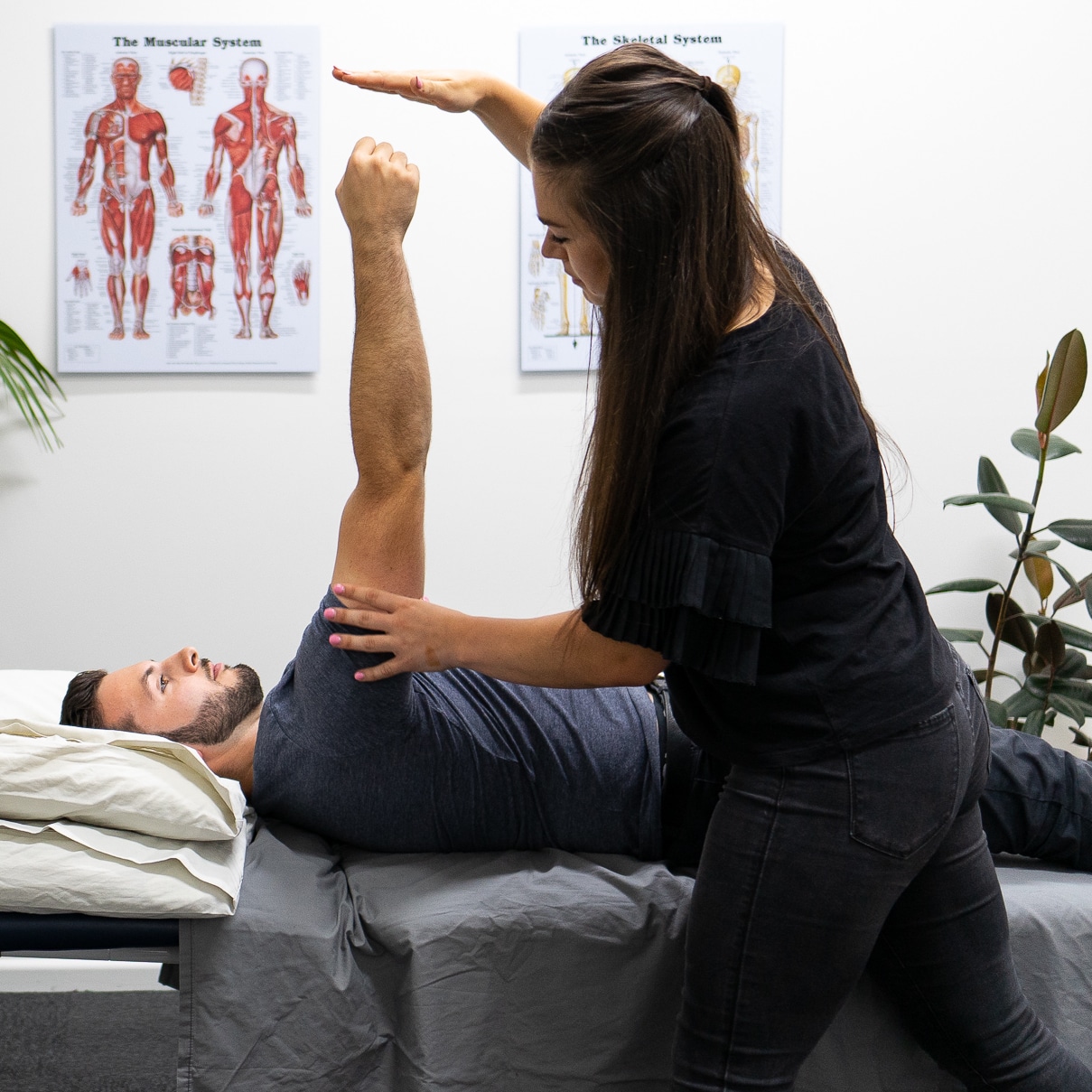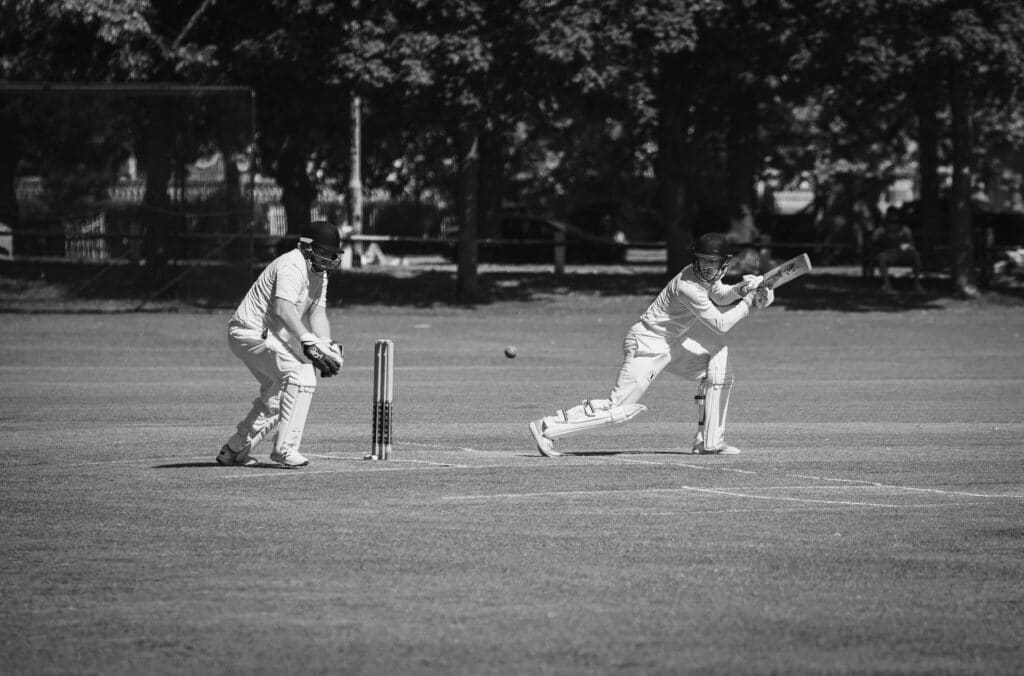Shoulder dislocation
What we’ll cover
Shoulder dislocation
Shoulder dislocations occur when the arm bone (humerus) come out of the socket. Whilst dislocations can occur either anterior or posterior, anterior dislocations account for 97% of all shoulder dislocation. Physiotherapy plays a critical role in rehabilitation following dislocation with approximately 40% experiencing another dislocation within 12 months. Our physiotherapist Laura Scott identifies what to do if you experience a shoulder dislocation.
What is shoulder dislocation?
Anterior shoulder dislocations or subluxations often result from a traumatic incident. In an anterior shoulder dislocation, the humeral head slips forward out of the socket. This occurs most commonly from direct trauma where the shoulder is placed in a vulnerable position. The most vulnerable position for a shoulder is when it is placed in a “throwing position”. Common sports that can cause shoulder dislocations include AFL, rugby, basketball.
The shoulder (glenohumeral) joint is a ball and socket joint which allows it to have the largest range of motion of any joint in the body across multiple planes of movement. In order to have such a large range of motion, the congruence and stability of the joint is compromised. In fact, at any one time only 25% of the humeral head makes contact with the socket. Instead, most of the joint’s stability is provided by surrounding muscles and ligaments.
Risk Factor for instability/recurrent dislocation:
- Occupation (repeated overhead movement)
- Contact sport
- Age (<40 years and under)
- Hypermobility
- Previous shoulder dislocations
Do I need surgery for my shoulder dislocation?
Depending on your specific individual goals and severity of dislocation, shoulder dislocations can be managed without the need for surgery. Importantly, the frequency and mechanism of dislocations also influences whether surgery is an appropriate option.
Your physiotherapist is well placed to perform a thorough assessment to assess the level of damage associated with the incident. Your physiotherapist may send you for an x-ray to rule in or out a fracture to the humerus. In some cases, further imaging such as an MRI may be recommended to assess the severity of soft tissue damage such as the ligaments, capsule or joint socket. Your physiotherapist will assess the strength of your rotator cuff and whether the labrum has been damaged which will influence your treatment roadmap.
Our team at Malvern East Physiotherapy work closely with a number of leading Melbourne based upper limb specialists.
Physiotherapy for a shoulder dislocation
Depending on the level of pain, instability and loss of joint range, physiotherapy treatment initially may vary from patient to patient. You may be required to wear a sling to help immobilise the joint or utilise tape to offer stability and pain relief. A sling may be commonly recommended for the first 1 – 2 weeks following dislocation.
Physiotherapy treatment will aim to restore full range of motion in all planes of movement. Importantly, if flexibility isn’t restored quickly, the capacity to improve shoulder flexibility becomes more difficult to develop.
Once this is flexibility is achieved, your physiotherapist will guide you through a comprehensive strengthening program focusing on your rotator cuff. This group of muscles contribute substantially to shoulder stability. Weakness or poor endurance of the rotator cuff commonly results in reoccurring instability and shoulder issues. The final stage of rehabilitation includes proprioception and sport-specific movements in a graded fashion to ensure full return to function.
How long will it to take to recover from a dislocated shoulder?
The length of recovery is dependent on a number of factors. Day to day tasks improve commonly within 2 – 3 weeks. However, care needs to continue to be taken with heavy or overhead lifting during the early periods for the first 3 – 4 months. Total time frame to develop full strength and endurance can be up to 6 – 9 months.
If you have experienced a recent shoulder dislocation or feel as though you experience instability around the shoulder joint, let one of our physiotherapists go through a thorough assessment. Call us or book online today.


